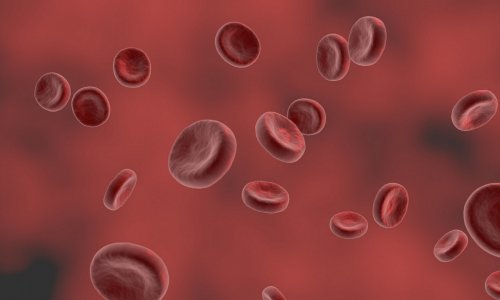News • Blood thinning 2.0
Developing next generation anticoagulants
A University of Leeds spin-out company has secured £3.14m to develop a next generation drug that aims to prevent blood clots forming, without the risk of bleeding present in currently available drugs.
Image source: Arek Socha from Pixabay
Currently, anticoagulants have a relatively narrow margin between beneficial effects and undesirable bleeding, so new approaches are in demand. These could allow more patients that have a higher risk of bleeding to be treated, and provide confidence that patients with high risk of developing blood clots would benefit from treatment. The new funding will support the development of a preclinical drug, to prevent the formation of a blood clot within a blood vessel, known as thrombosis.
The funding, from Innovate UK’s Biomedical Catalyst programme, will bring together target biology, disease understanding and chemistry expertise at the spin-out and the University of Leeds, along with the Medicine Discovery Catapult’s drug discovery know-how and preclinical imaging expertise.
Professor Helen Philippou from the University of Leeds is the Scientific Founder of the spin-out, Lunac Therapeutics. She said: “New anticoagulant treatments are desperately needed. Lunac’s research has shown the potential to offer a new treatment option for patients, and we are therefore delighted to have secured Biomedical Catalyst funding to help drive this exciting project forward.”
This new collaboration will address the need for anti-clotting therapies with great efficacy and minimal bleeding risk
Andy Duley
The 18-month project aims to optimise and advance the discovery of a new class of highly specific anticoagulant compounds that block an activated clotting enzyme, Factor XII (FXIIa), for which there is strong evidence that inhibition will provide anticoagulant action but not increase the risk of bleeding.
Mr Andy Duley, Director of Commercialisation at the University of Leeds said: “This new collaboration will address the need for anti-clotting therapies with great efficacy and minimal bleeding risk. The differentiation of this approach should eliminate the risk of increased bleeding, marking a step-change in the management of the thrombosis.”
Source: University of Leeds
06.12.2019





